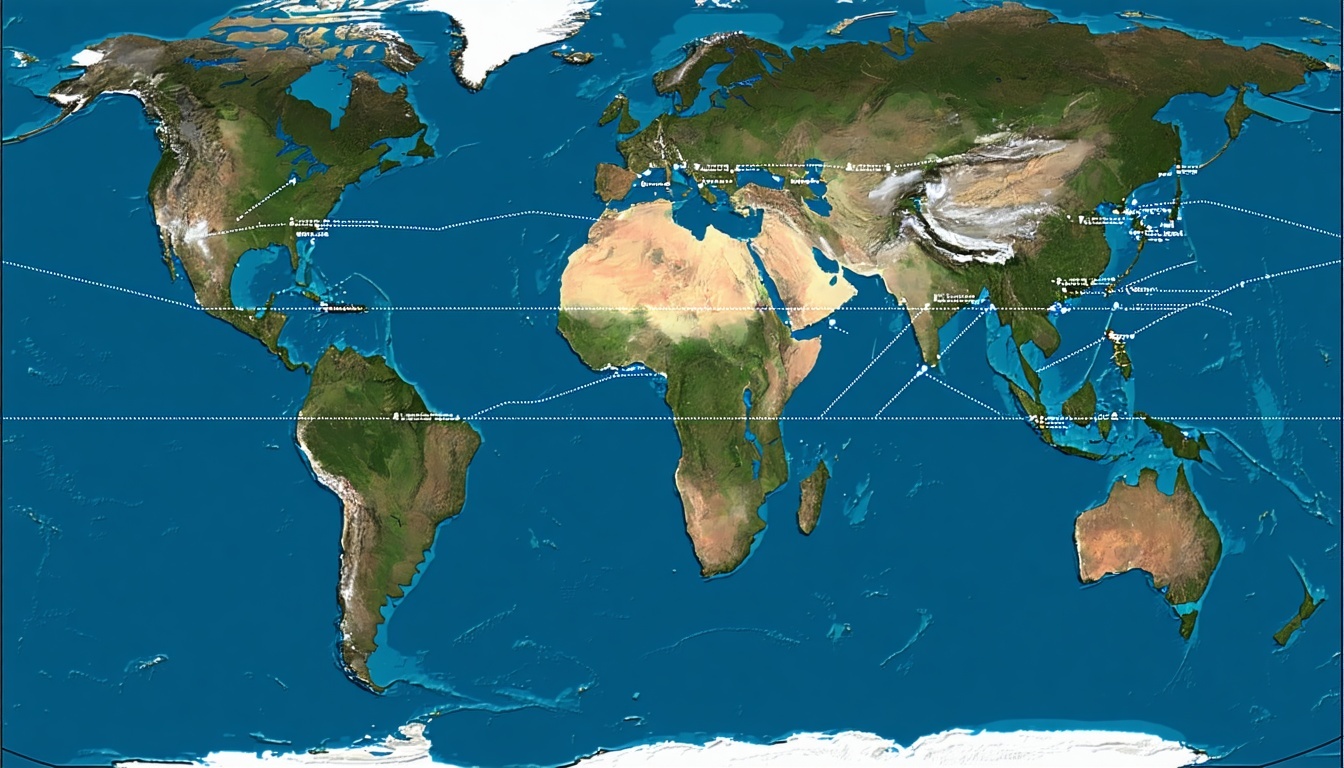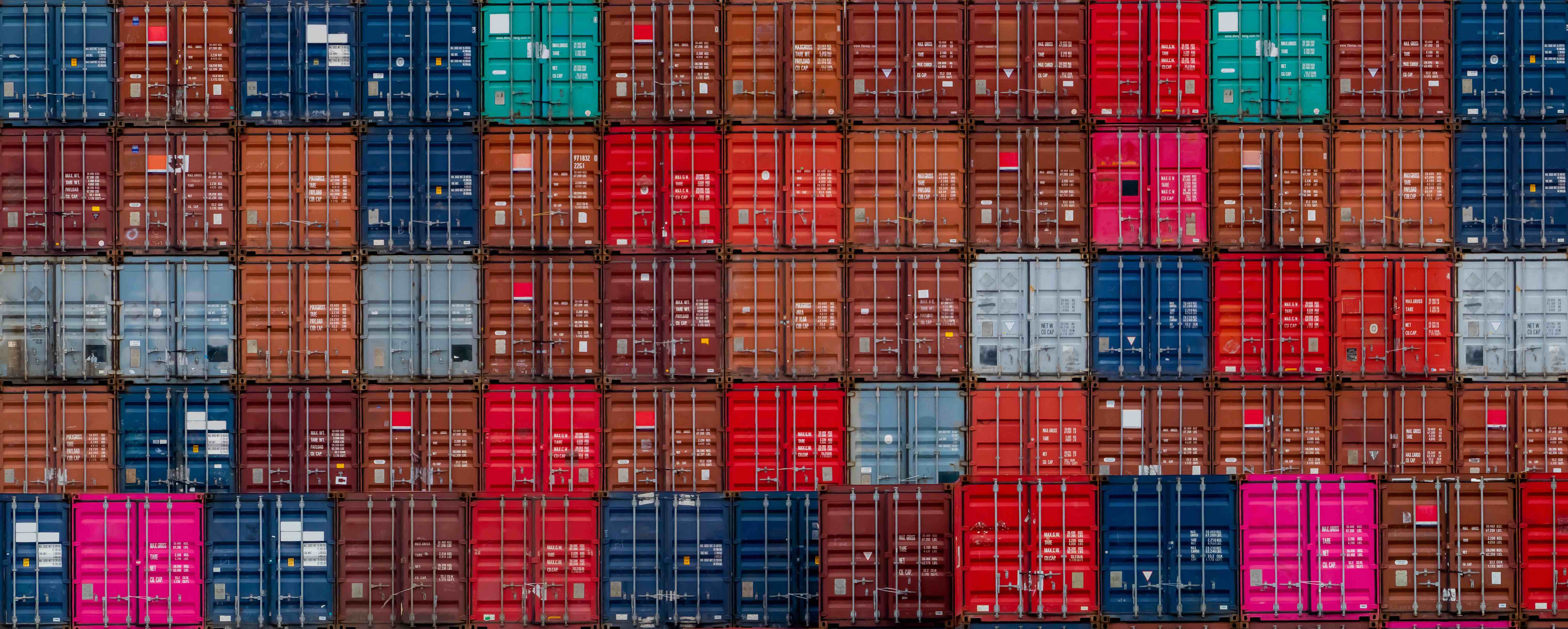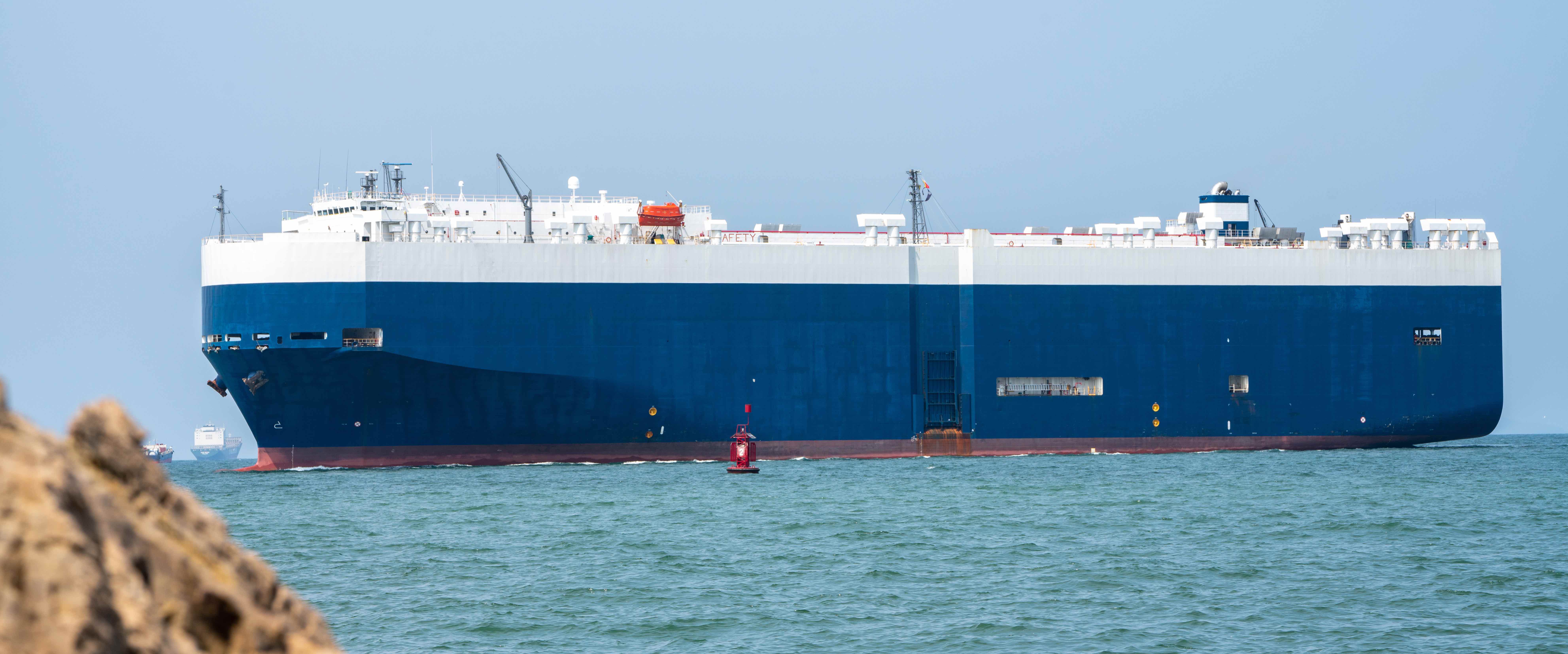Understanding Incoterms: A Guide to International Trade Terms and Their Impact on Shipping

In the world of international trade, navigating the complexities of shipping terms is essential for successful transactions. One of the fundamental frameworks used in global commerce is the International Commercial Terms (Incoterms). Designed by the International Chamber of Commerce (ICC), Incoterms establish clear guidelines for the responsibilities and liabilities of buyers and sellers in the transportation of goods. Whether you're a seasoned importer/exporter or new to the world of global trade, understanding Incoterms is crucial for mitigating risks and ensuring smooth transactions. Here's a guide to help you grasp the basics:
What are Incoterms?
- Incoterms are standardized trade terms used to define the obligations of buyers and sellers in international contracts.
- They specify who is responsible for tasks such as transportation, insurance, customs clearance, and delivery of goods.
Importance of Incoterms
- Clarify Responsibilities: Incoterms provide clarity on each party's obligations, reducing the risk of misunderstandings or disputes.
- Risk Allocation: By specifying the point at which risk transfers from the seller to the buyer, Incoterms help allocate risk appropriately between parties.
- Cost Allocation: They determine which party is responsible for transportation costs, insurance, and other expenses, influencing pricing negotiations.
Commonly Used Incoterms
- EXW (Ex Works): Seller's responsibility ends at their premises, and the buyer assumes all risks and costs from that point.
- FOB (Free on Board): Seller delivers goods to a specified port, and the buyer assumes responsibility once loaded onto the vessel.
- CIF (Cost, Insurance, Freight): Seller covers costs, insurance, and freight to the destination port, with risk transferring to the buyer upon arrival.
- DAP (Delivered at Place): Seller is responsible for delivery to a named destination, excluding import clearance and duties.
- DDP (Delivered Duty Paid): Seller is responsible for all costs, including import duties and taxes, until goods are delivered to the buyer's premises.
Choosing the Right Incoterm
- Consider Shipping Method: Incoterms may vary depending on whether goods are transported by air, sea, road, or rail.
- Assess Risk Tolerance: Evaluate your risk tolerance and desired level of control over the transportation process.
- Factor in Costs: Analyze the financial implications of different Incoterms, including transportation, insurance, and customs fees.
Impact on Shipping
- Incoterms influence shipping logistics, documentation requirements, and overall supply chain efficiency.
- Understanding and correctly applying Incoterms can streamline shipping processes, minimize delays, and optimize cost-effectiveness.
The anchor
Mastering Incoterms is essential for navigating the complexities of international trade and ensuring successful shipping transactions. By familiarizing yourself with these standardized terms and their implications, you can mitigate risks, negotiate favorable terms, and foster smoother trade relationships with partners worldwide.
Your next shipment is safe in the hands of the Global Liner Agencies team.
Get in touch with us and find out how seamless shipping should be.



